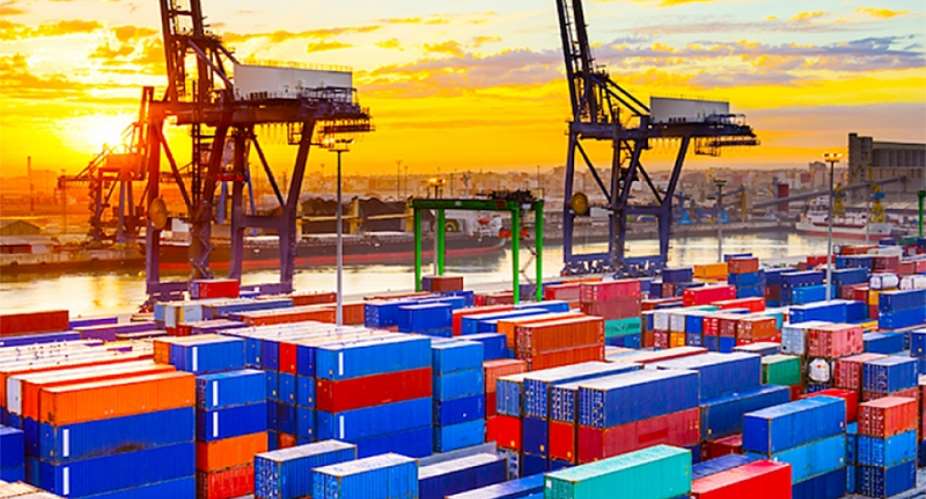With barely a day to the implementation of the reversal of the discounts on Benchmark values Policy, the Association of Ghana Industries (AGI) is calling for a stay of the reversal on raw materials which cannot be produced locally.
The government announced the decision to scrap discounts on benchmark values in the 2022 budget as part of an industrialisation and revenue mobilization drive.
AGI has been at the forefront of calls for the removal of the rebates, arguing that it was counterproductive for the local industry.
But speaking to Citi News, Greater Accra Chairman of AGI, Tsonam Akpeloo, called on the government to give concessions on the policy in the interest of the local industry.
“What we are saying is that those goods that we do not produce in Ghana, we can always have a benchmark value on it, but the other products that are produced in Ghana but are imported into the country , they should not be allowed to enjoy importation incentives. That’s our call, and we have been very consistent with that call. For the industry to thrive, we need raw materials and some of these raw materials will have to be imported into Ghana, so it is only proper that we maintain the Benchmark Value on those raw materials.”
The reversal will affect 43 items under three categories prescribed by the Ghana Revenue Authority.
The government introduced the benchmark policy in 2019 in accordance with the World Customs Organization's policy of regular review of valuation databases.
Under this policy, certain commodities are benchmarked to the prevailing world prices as a risk management tool, to reflect the true market dynamics of these commodities.
It also takes into consideration factors such as protection of health, the environment, and security, as well as protection of local industries.
In line with the reversal, relevant stakeholders were consulted with the aim of reaching a consensus on the implementation of the policy.
The government had hoped the benchmark value reduction would translate to lower prices of goods in the country, as well as reduce smuggling.
But the government has said these goals did not materialise.
---citibusiness





 We’ll no longer tolerate your empty, unwarranted attacks – TUC blasts Prof Adei
We’ll no longer tolerate your empty, unwarranted attacks – TUC blasts Prof Adei
 Bawumia donates GHc200,000 to support Madina fire victims
Bawumia donates GHc200,000 to support Madina fire victims
 IMF to disburse US$360million third tranche to Ghana without creditors MoU
IMF to disburse US$360million third tranche to Ghana without creditors MoU
 Truck owner share insights into train collision incident
Truck owner share insights into train collision incident
 Paramount chief of Bassare Traditional Area passes on
Paramount chief of Bassare Traditional Area passes on
 Two teachers in court over alleged illegal possession of BECE papers
Two teachers in court over alleged illegal possession of BECE papers
 Sunyani: Victim allegedly shot by traditional warriors appeals for justice
Sunyani: Victim allegedly shot by traditional warriors appeals for justice
 Mahama vows to scrap teacher licensure exams, review Free SHS policy
Mahama vows to scrap teacher licensure exams, review Free SHS policy
 Government will replace burnt Madina shops with a new three-story, 120-store fac...
Government will replace burnt Madina shops with a new three-story, 120-store fac...
